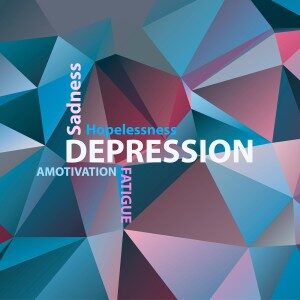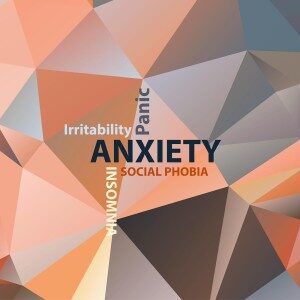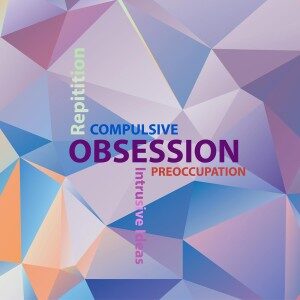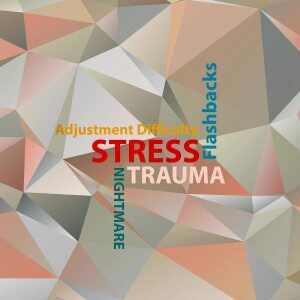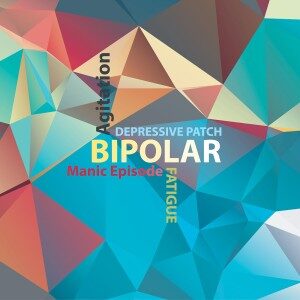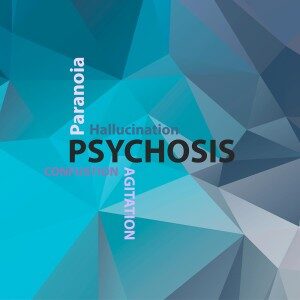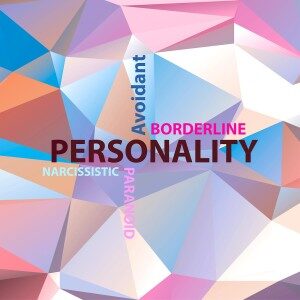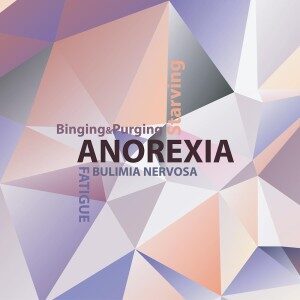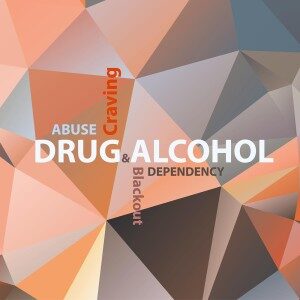What is mental illness?
What is mental illness?
All of us may go through bad patches from time to time; the days that we feel sad or stressed out. This does not necessarily mean a psychological problem. Life is all about a full array of emotions. It comes with a mixture of good and bad, exciting experiences, joyful achievements, and comforting relationships, along with saddening losses, stressful moments, and frustrating conflicts.
Mental illness is when the unhappy feelings and disturbing thoughts become unbearable and relentless. You realise that your whole life is badly affected by an unhappy mood, overwhelming anxiety, unusual experiences, or disturbing thoughts; and you can't snap out of them. This is called mental illness.
Mental illness is not a sign of weakness and does not mean that you are a bad person. It can happen to anyone at anytime and anywhere. Some of the most successful people and famous celebrities have suffered from mental illness.
What causes mental illness?
What causes mental illness?
Mental illnesses can be triggered by stress, physical illness, or drug and alcohol abuse. Mental illnesses sometimes run in the family. Childhood trauma may make you vulnerable to mental illnesses later in life. This being said, mental illness may happen without any apparent reason. It may come and hit you from nowhere without any clear explanation.
Whatever the initial trigger, the final outcome seems to be a chemical imbalance in the brain. Many believe that our brain is the most sophisticated thing in the world. It’s like a very complex network, working with electricity and chemicals. While mental illnesses are linked with chemical imbalance in the brain, the good news is that the brain is able to restore the chemical balance in most cases, although it sometimes needs a little bit of help from medication.
With a mental illness, you typically get plenty of negative thoughts about yourself and your life. These negative thoughts can make you sad, anxious, or angry. Your reaction to these thoughts is sometimes not very helpful. You will feel better if you can identify your negative thoughts and unhelpful reactions, and learn how to correct them. You can learn how to achieve this through talking therapy, also known as psychotherapy.
How is it diagnosed?
How is it diagnosed?
In the following sections, I am going to list the most common mental illnesses. But I don't want you to read too much into it, and I don't want you to self-diagnose. Imagine that you come across a novel plant while walking in the bush, and you fall in love with it immediately. You are really curious to know about it, but there is nobody around to help you out. What would you do then? You may come up with brilliant ideas on how to find out about it. I assume one way is to take a picture on your mobile, visit the local library, and look up a book on rural vegetation. Then you need to compare your picture with images in the book one by one to find out which plant you have fallen in love with.
Psychiatrists diagnose mental illness the same way. A psychiatrist will typically ask a bunch of questions about your current issues, past problems, and personal story. They will also observe your emotional reactions, style of thinking, and your behaviour during the interview. They may also request some tests or scans. These assessments are to find out whether your presentation fits with any particular mental illness.
And one last thing that may be worth mentioning. There is a standard classification of mental illnesses used by psychiatrists in the United States. It's called DSM-5 which essentially lists all mental illnesses and gives instructions on how to diagnose them. DSM-5 is commonly used in Australia for formal diagnoses.
Common Types of Mental Illness
Common Types of Mental Illness
Here, I have listed the most common categories of mental illnesses. I'll try to provide a brief description through a few key questions. If a particular set of questions resonates with you, then you can click on the title for further information.
Depression
Do you feel sad or empty most of the time? Can't you get joy out of your hobbies? Do you feel hopeless about the future? Do you tend to beat yourself up about everything?
Anxiety
Are you a worrier? Do you worry about little things? Do you feel uncomfortable in social situations? Do you get anxious about new tasks? Have you ever had a panic attack?
Obsession
Do you clean or check things over and over? Do you get intrusive thoughts that you are ashamed of? Are you over-anxious about your body or health? Are you a hoarder?
Stress after Trauma
Have you had an awful experience that still haunts you by now? Do you get flashbacks of past trauma? Do you feel depressed or anxious due to an ongoing stress?
Bipolar Illness
Have you ever had a period of one week or so when you felt so happy and energetic that you were acting differently? Do you get mood swings with happy and sad patches?
Psychosis
Do you feel paranoid? Are your thoughts unclear or jumbled? Have you ever had an unusual experience? Do you hear voices or see visions that others can't see?
Personality Disorders
Do you feel that people often make you upset, uncomfortable, or disappointed? Do you have difficulty making decisions; like hesitating a lot or deciding impulsively?
Eating Problems
Do you worry about your weight? Have you ever weighed much less than people thought you should weigh? Have you tried to get rid of food by vomiting or taking laxatives?
Drug & Alcohol Issues
Do you have trouble controlling your drinking or drug use? Do you get withdrawal symptoms if you stop using? Has alcohol or drug affected your life in some ways?

